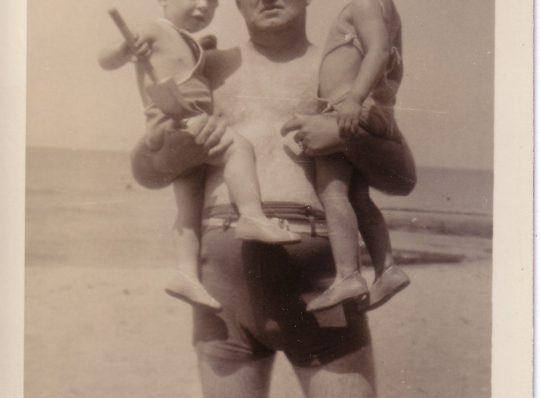Give yourself peace of mind by learning the warning signals that mean your parent can no longer care for themselves and that you may need another elder care solution:
1. Sudden weight loss - Whether Dad's pants are looser than normal, or Mom's bones suddenly seem to tent up her skin, unexplained weight loss can be an important sign that all's not well with your parent. Undiagnosed illness and depression are common causes of weight changes, and, if you're caring for an aging parent, they could indicate it's time for your loved one to change living situations.
2. Disorientation - If Mom can't remember which room is her bedroom or can't seem to remember that your name is Maggie and not Aunt Hannah, then it's time to consider whether living alone is the best elder care solution-especially if the behavior is consistent.
3. Poor hygiene - Maybe Dad is starting acquire a not-so-nice scent? Perhaps your formerly impeccably-dressed mother no longer takes the time to button her shirt properly? Hygiene issues can be a result of physical problems, such as severe arthritis, or mental conditions, such as Alzheimer's disease. When you see these signs, it's time to consider another elder care solution, such as inviting your parent to share your home or finding in-home care.
4. Medicine mistakes - The inability to take medications properly is one of the leading reasons the elderly are admitted to nursing homes. If you notice that your loved one forgets to take prescribed drugs or if they take too much medicine, it might be time to consider a different elder care solution.
5. Car accidents - If mom or dad has caused a string of fender benders or other car accidents, it can indicate that their days of complete independence are coming to an end. These accidents can be caused by worsening eyesight or medications that trigger drowsiness. An elder care solution to this challenge might include living with a family member who can provide transportation or switching to public transport.
6. Increased forgetfulness - While many seniors experience occasional forgetfulness, this condition can indicate impaired brain function if it happens frequently. Caring for aging parent strategies should include watching for signs, such as neglecting to turn off the stove or forgetting where frequently used objects, like a television, are located.
7. Bruises, burn, or other injuries - When caring for an aging parent, watch for signs of injury that indicate mom's physical condition is deteriorating. Bruises and scrapes can indicate falls, while burns can indicate clumsiness with cigarettes or cooking accidents.
8. Paranoia - A sudden and unreasonable fear of people can indicate a brain condition like Alzheimer's disease. Seniors with paranoia might falsely believe that others-from an adult child to a grocery store clerk-are going to cheat them or try to harm them. If you see paranoia, you'll want to find an elder care solution that includes counseling and, possibly, medication.
Share these warning signs with family and friends so everyone can be part of your caring for aging parent plan. By learning the warning signs that say independent living is no longer the right choice for your loved one, you can find the best elder care solution for you and your family.
Gregory Weldy is an expert on guiding families through the challenges of caring for an aging parent. He has written an amazing Free report, "Prevent nursing home nightmares: Caring for aging parents." To claim you FREE copy, visit: http://www.BestElderCareAtHome.com.







1 Response